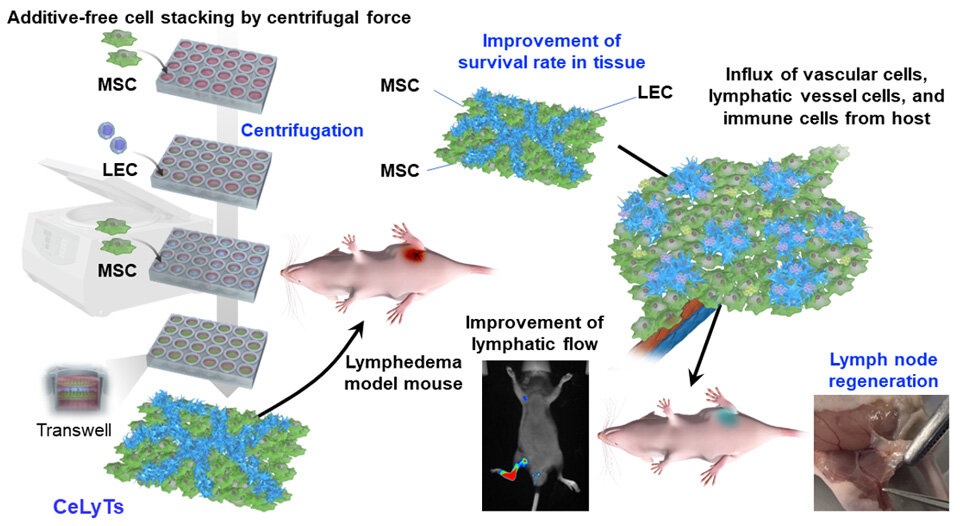Hospitals Face Increased Risk of Data Breaches
|
By HospiMedica International staff writers Posted on 26 Apr 2017 |
A new study suggests that as health providers adopt health information technology, they increasingly suffer from data breaches.
Researchers at Michigan State University, Ball State University, and Johns Hopkins University conducted a retrospective data analysis of data breaches reported to the U.S. Department of Health and Human Services between October 2009 and December 2016. By law, U.S. hospitals covered by the Health Insurance Portability and Accountability Act (HIPPA), must notify the HHS of any breach affecting 500 or more individuals within 60 days of the discovery of the breach.
The results revealed that during the study period, healthcare providers reported 1,225 of the 1,798 recorded breaches, while business associates, health plans, and healthcare clearinghouses reported the remaining 573 data breaches. Of these, 257 breaches were reported by 216 hospitals; importantly, 33 hospitals experienced more than one breach, many of them large, major teaching hospitals, such as UC Davis Medical Center (CA, USA) and Henry Ford Hospital (Detroit, MI, USA). The study was published on April 3, 2017, in JAMA Internal Medicine.
“This research reinforces the critical trade-off patient’s face: healthcare systems having access to information they need, versus a hacker planning to spend your savings at Best Buy,” said lead author Xuefeng Jiang, PhD, of MSU, and colleagues. “While the law requires health care professionals and systems to cross-share patient data, the more people who can access data, the less secure it is.”
A data breach is defined as a security incident in which sensitive, protected, or confidential data is copied, transmitted, viewed, stolen or used by an individual unauthorized to do so. Data breaches may involve financial information such as credit card or bank details, personal health information, personally identifiable information, trade secrets of corporations, or intellectual property.
Researchers at Michigan State University, Ball State University, and Johns Hopkins University conducted a retrospective data analysis of data breaches reported to the U.S. Department of Health and Human Services between October 2009 and December 2016. By law, U.S. hospitals covered by the Health Insurance Portability and Accountability Act (HIPPA), must notify the HHS of any breach affecting 500 or more individuals within 60 days of the discovery of the breach.
The results revealed that during the study period, healthcare providers reported 1,225 of the 1,798 recorded breaches, while business associates, health plans, and healthcare clearinghouses reported the remaining 573 data breaches. Of these, 257 breaches were reported by 216 hospitals; importantly, 33 hospitals experienced more than one breach, many of them large, major teaching hospitals, such as UC Davis Medical Center (CA, USA) and Henry Ford Hospital (Detroit, MI, USA). The study was published on April 3, 2017, in JAMA Internal Medicine.
“This research reinforces the critical trade-off patient’s face: healthcare systems having access to information they need, versus a hacker planning to spend your savings at Best Buy,” said lead author Xuefeng Jiang, PhD, of MSU, and colleagues. “While the law requires health care professionals and systems to cross-share patient data, the more people who can access data, the less secure it is.”
A data breach is defined as a security incident in which sensitive, protected, or confidential data is copied, transmitted, viewed, stolen or used by an individual unauthorized to do so. Data breaches may involve financial information such as credit card or bank details, personal health information, personally identifiable information, trade secrets of corporations, or intellectual property.
Channels
Artificial Intelligence
view channelCritical Care
view channel
Intranasal Spray to Prevent Illnesses from Respiratory Viruses
Respiratory viruses such as influenza and COVID-19 hospitalize more than one million people in the U.S. each year, with many infections spreading through close contact in households, schools, and workplaces.... Read more
AI Risk Prediction Tool Improves Treatment of Cancer Patients after Heart Attack
Cancer patients who experience a heart attack face a uniquely dangerous combination of risks, including higher chances of death, bleeding, and repeat cardiac events. Because of this complexity, they have... Read moreSurgical Techniques
view channel
Surgical Innovation Cuts Ovarian Cancer Risk by 80%
Ovarian cancer remains the deadliest gynecological cancer, largely because there is no reliable screening test, and most cases are diagnosed at advanced stages. Thousands of patients die each year as treatment... Read more
New Imaging Combo Offers Hope for High-Risk Heart Patients
Patients with type 2 diabetes often develop complex, severe coronary artery disease involving multiple narrowed or blocked arteries, making complete revascularization difficult. Without detailed functional... Read morePatient Care
view channel
Revolutionary Automatic IV-Line Flushing Device to Enhance Infusion Care
More than 80% of in-hospital patients receive intravenous (IV) therapy. Every dose of IV medicine delivered in a small volume (<250 mL) infusion bag should be followed by subsequent flushing to ensure... Read more
VR Training Tool Combats Contamination of Portable Medical Equipment
Healthcare-associated infections (HAIs) impact one in every 31 patients, cause nearly 100,000 deaths each year, and cost USD 28.4 billion in direct medical expenses. Notably, up to 75% of these infections... Read more
Portable Biosensor Platform to Reduce Hospital-Acquired Infections
Approximately 4 million patients in the European Union acquire healthcare-associated infections (HAIs) or nosocomial infections each year, with around 37,000 deaths directly resulting from these infections,... Read moreFirst-Of-Its-Kind Portable Germicidal Light Technology Disinfects High-Touch Clinical Surfaces in Seconds
Reducing healthcare-acquired infections (HAIs) remains a pressing issue within global healthcare systems. In the United States alone, 1.7 million patients contract HAIs annually, leading to approximately... Read moreBusiness
view channel
Medtronic to Acquire Coronary Artery Medtech Company CathWorks
Medtronic plc (Galway, Ireland) has announced that it will exercise its option to acquire CathWorks (Kfar Saba, Israel), a privately held medical device company, which aims to transform how coronary artery... Read more
Medtronic and Mindray Expand Strategic Partnership to Ambulatory Surgery Centers in the U.S.
Mindray North America and Medtronic have expanded their strategic partnership to bring integrated patient monitoring solutions to ambulatory surgery centers across the United States. The collaboration... Read more
FDA Clearance Expands Robotic Options for Minimally Invasive Heart Surgery
Cardiovascular disease remains the world’s leading cause of death, with nearly 18 million fatalities each year, and more than two million patients undergo open-heart surgery annually, most involving sternotomy.... Read more















